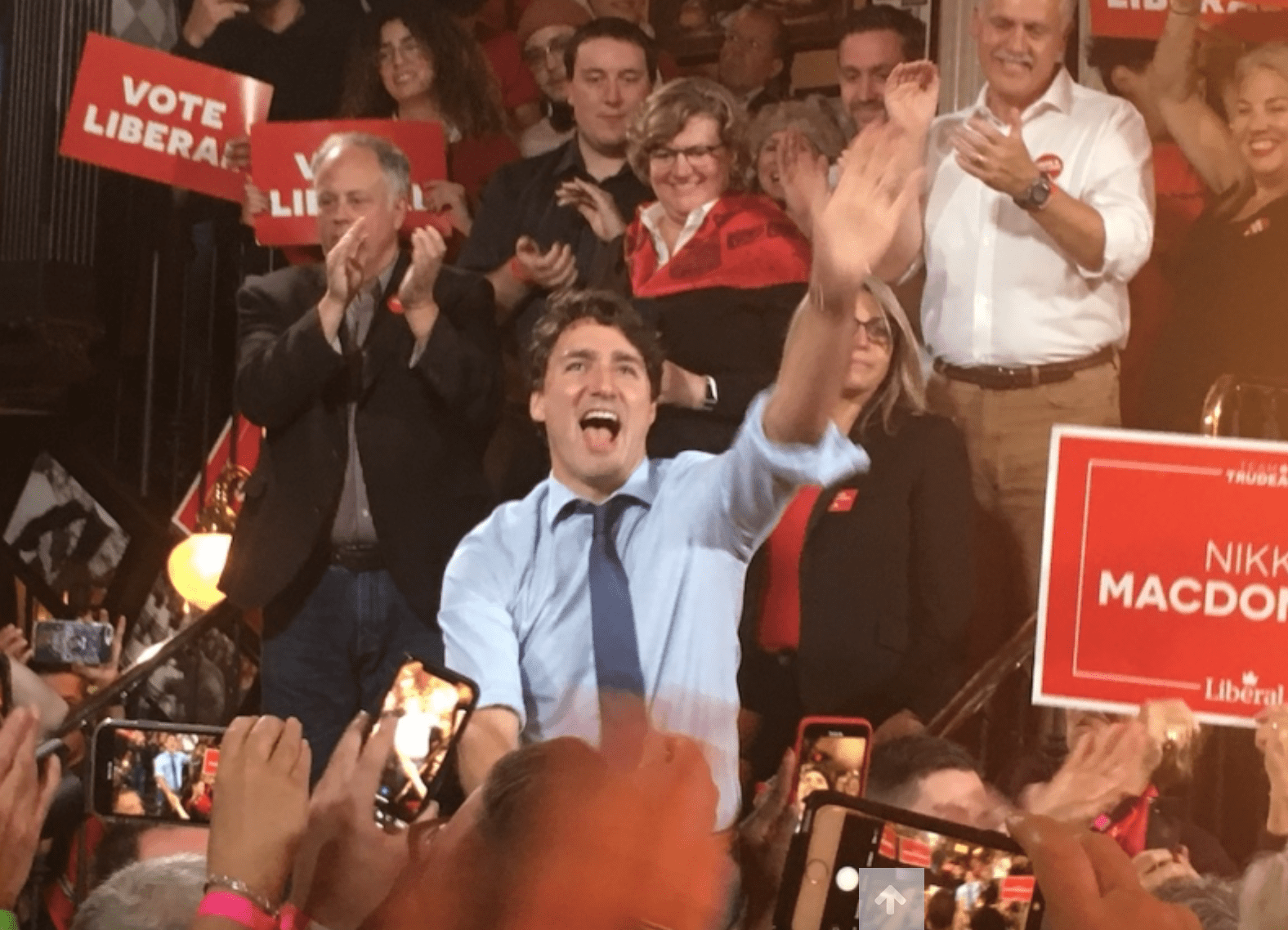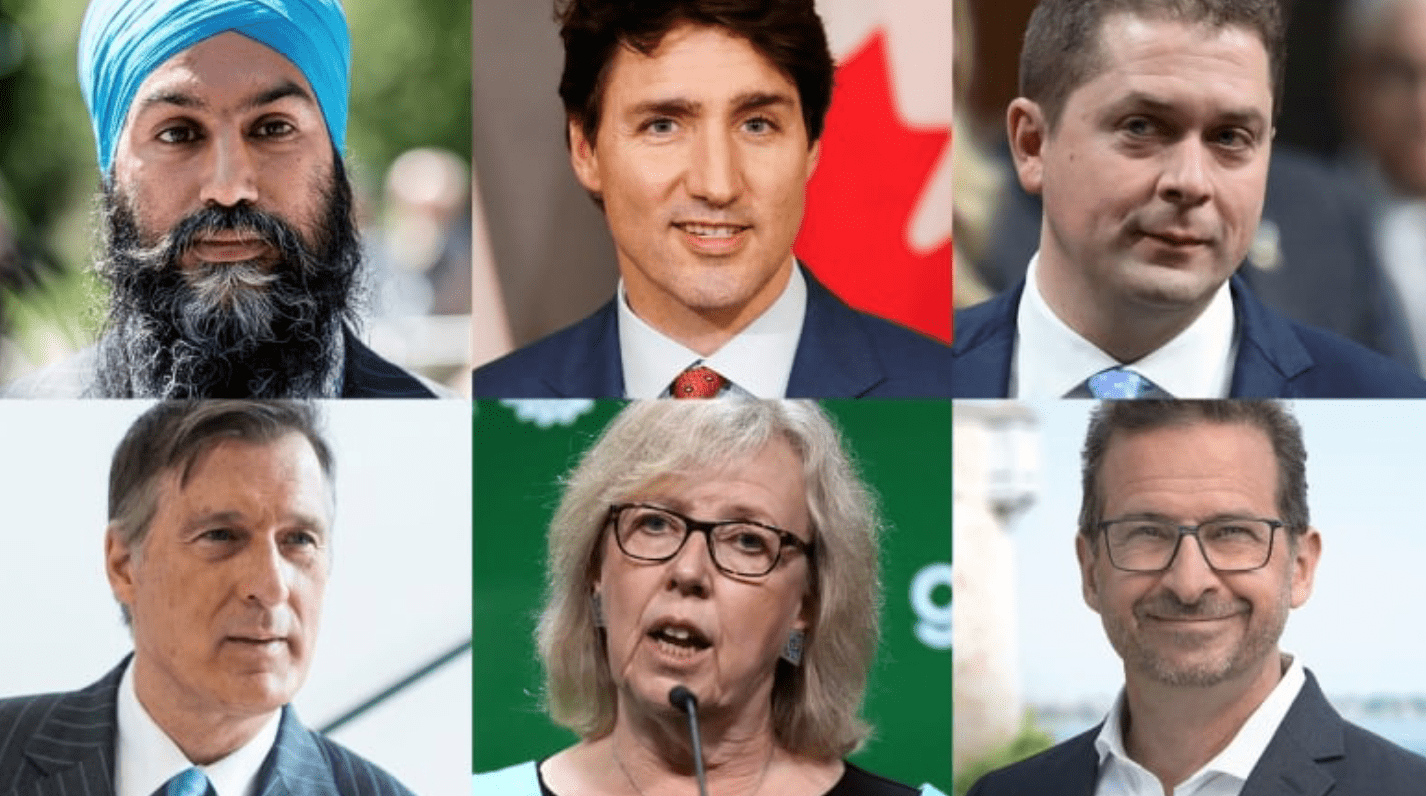When it comes to dealing with Canada's ruling classes, Canadian Conservatives have always faced a key strategic question: should Conservatives appease them or defy them?
Now before we address that question, let's define what we mean by "ruling classes."
For me, that section of our society refers to what pollster Darrell Bricker has termed the "Laurentian elites", i.e. a select group of upper echelon corporate, political and bureaucratic overlords based in central Canada, who basically control this country's bureaucracy, media and culture.
In other words, they're a pretty powerful and influential lot.
Of course, when it comes to politics the ruling classes have usually embraced the Liberal Party as their champion, since the Liberals, with their urban, Ontario/Quebec centric biases, have always made it their policy to promote and protect the interests of the Laurentian elites.
Indeed, this is what the whole SNC-Lavalin scandal was all about.
Moreover, there's a strong personal connection between the Liberals and Canada's ruling classes, as the leaders of the Liberal Party have almost always sprung from the ranks of the Laurentian elites.
For instance, Prime Minister Justin Trudeau is about as Laurentian elitist as you can possibly get.
All this, needless to say, has put Conservatives in a quandary.
On the one hand, they can score a lot of political points, both within their base and beyond it, by taking an overt anti-Laurentian elite stance, as this will resonate in Western Canada and more generally in areas outside of Canada's major urban centres.
But on the other hand such a policy guarantees the Laurentian elites will strike back against the Conservatives with all their considerable might and power.
It certainly didn't help Conservative Party leader Andrew Scheer's cause, for example, that the Laurentian elites, through their media/union/political proxies seemed to target him in the last federal election.
This is why Conservative politicians have sometimes sought to make peace with the Canadian Establishment.
A case in point is former Conservative Prime Minister Stephen Harper.
At one time in his career, Harper was aggressively anti-Laurentian elite (remember he helped write the infamous "Alberta Firewall Letter" which took direct aim at the ruling classes take on Confederation), but after he became leader of the Conservative Party, he sought to win them over he began pandering to Quebec, he clamped down on the social conservative element of his party, he adopted middle-of-the road Liberal-style fiscal and economic policies.
Yet it was all for naught.
Throughout his term as prime minister, the Laurentian elites never accepted Harper; they always perceived him to be an enemy.
And this is a lesson for Conservatives, as they ponder their future in the wake of the recent election.
It's not just policies which cause Laurentian elites to spurn Conservatives, it's also a cultural thing.
From the point of view of Canada's ruling classes, Conservative leaders don't come from the right provinces, they don't come from the right class, they don't come from the right schools.
To put that another way, Conservatives are from the wrong side of the socio-economic tracks.
Yes, that's pure snobbery, but then again, they don't call them Laurentian elites for nothing.
We certainly saw this elitist attitude reflected in a comment made by Trudeau when Harper was still prime minister; said Trudeau: "Canada isn't doing well right now because it's Albertans who control our community and socio-democratic agenda. It doesn't work."
Basically then, there's nothing Conservatives can really do to win over the Canadian Establishment, elites will always suspect conservatives of harboring a "hidden agenda."
Hence, the CBC will always hate them, public sector unions will always oppose them, bureaucratic mandarins will always fear them, subsidy-seeking corporate CEOs will always distrust them.
So if pandering to the elites won't work, the Conservatives really only have one choice, they have to battle them and battle them hard.
And by the way, the exact same thing goes for the socialist NDP, which the Establishment also distrusts and looks down upon.
This perhaps explains why populism, might one day erupt in this country as it has elsewhere.
Simply put, the Laurentian elites, in an effort to protect their own privileged status within society, will not tolerate allowing what they see as barbaric rabble from getting anywhere near the levers of power.
For them, the Liberals are the natural governing party.
Additionally, they feel no need to understand or to empathize with the plight of those citizens living and working outside their social circles.
It's this one-party-rule, pseudo-aristocratic mentality which could cause resentment across the country and resentment is the fuel of populism.
We see this happening right now in Alberta and Saskatchewan.
Mind you, I'm sure Canada's elites feel secure in their power, just as the French nobility once felt secure in theirs just before Bastille Day.
Photo Credit: CBC News








